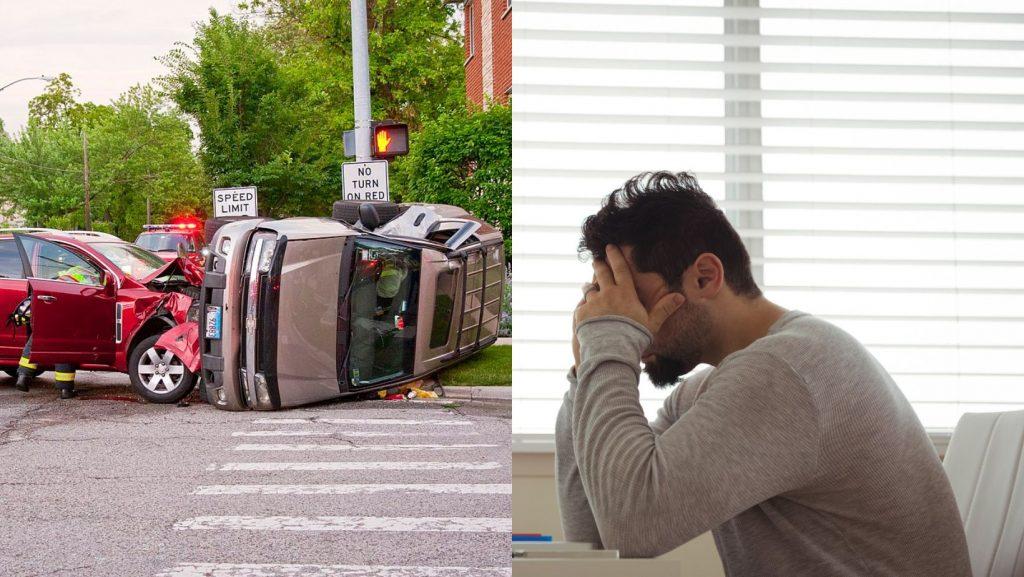
Being involved in a head-on collision is one of the most terrifying experiences anyone can face. The sudden impact, the chaos, and the aftermath can leave more than just physical injuries. Many survivors walk away with deep emotional scars, particularly post-traumatic stress disorder (PTSD). If you have been struggling with PTSD after a head-on crash, you might wonder: Can I receive compensation for this? The answer is yes, your emotional trauma is just as real and valid as your physical injuries, and the law recognizes that. Getting legal help can give you the space to focus on your recovery while your lawyer handles the fight for your rights.
What Is PTSD and How Does It Relate to Car Accidents?
PTSD is a mental health condition triggered by a traumatic event like a serious car crash. It can manifest in different ways, including flashbacks, nightmares, avoidance behaviors, mood swings, panic attacks, and emotional numbness. After a head-on collision, these symptoms may interfere with your ability to work, drive, or even leave the house. And PTSD does not just affect the individual, it also impacts families, careers, and overall quality of life. That is why recognizing it as part of your injury claim is so important.
Can You File a Claim for PTSD?
Yes, you can pursue compensation for PTSD after a head-on collision, especially if another driver was at fault. Personal injury law allows you to seek damages for both economic and non-economic losses. PTSD falls under the latter category, also known as “emotional distress.”
But there is a catch: emotional injuries like PTSD are harder to quantify than, say, a broken arm or medical bills. That is where having medical documentation and a skilled attorney becomes critical. A therapist’s diagnosis, treatment records, and expert testimony can help substantiate your claim.
What Types of Compensation Are Available?
When you file a personal injury claim that includes PTSD, you may be eligible for:
- Medical expenses including therapy, counseling, medications, and psychiatric evaluations.
- Lost wages if your condition prevents you from working or forces you to take time off.
- Loss of earning capacity for long-term or permanent emotional disabilities.
- Pain and suffering which includes emotional distress like PTSD.
- Loss of enjoyment of life if you are no longer able to engage in the activities or routines you once enjoyed.
All these factors are considered when determining the value of your claim.
Why PTSD Claims Are Often Challenging
Unlike visible injuries, PTSD is not always understood or believed by insurance companies. They may argue that your symptoms are exaggerated or unrelated to the crash. They may even try to downplay the severity or suggest that a prior mental health history disqualifies you from compensation. That is why it is important to work with a personal injury lawyer who understands the full impact of psychological trauma and how to prove it.
How a Lawyer Can Help
A good car accident attorney will:
- Connect you with medical experts who can properly diagnose and treat PTSD
- Collect and present compelling evidence to support your claim
- Deal with insurance adjusters who may attempt to minimize or deny your emotional injuries
- Handle all the legal paperwork and deadlines so you can concentrate on healing
Most personal injury lawyers offer free consultations and work on a contingency fee basis, which means you don’t pay unless they win your case.
Conclusion
PTSD after a head-on crash is not just “in your head”, it is a serious and often debilitating condition that deserves attention and compensation. If someone else’s negligence caused the accident, you should not have to carry the emotional burden alone. By pursuing a legal claim, you are not just seeking financial support, you are asserting your right to heal with dignity.







